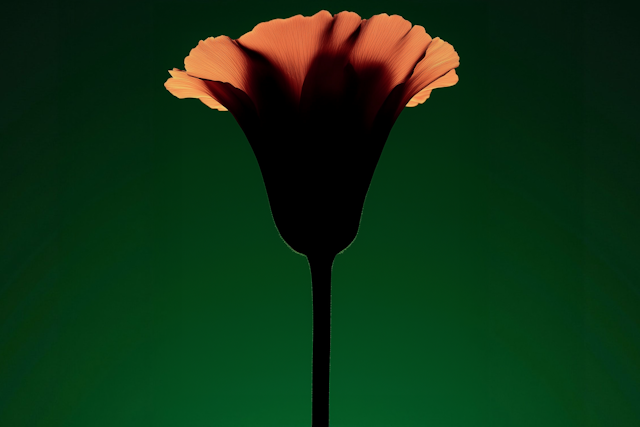Living Forward: What End-of-Life Work Taught Me About Meaning
By Gary McRae on 5 Nov, 2025 11:45:00 AM
Last updated on Nov 16, 2025 5:50:04 PM

Some of the most meaningful work I’ve ever done has been sitting with people at the end of their lives. Helping them and their families find calm, dignity, and sometimes even laughter in the hardest moments.
That work never really left me. It taught me that conversations about death are always conversations about life, about what we value, who we love, and how we choose to spend our time.
Before becoming a coach, I served as a homicide detective and Family Liaison Officer in London. Later, in California, I worked in the funeral and hospice space. Helping more than 500 families navigate end-of-life choices and memorials, and being part of the pioneering sustainable burial movement.
Those years shaped my understanding of presence, compassion, and what it truly means to live forward after loss.
Here in Singapore, death is not hidden. We see it at the void decks, the open, communal spaces where families gather for funerals.
With four of them near my home, I often pass by and see neighbours paying respects, children playing nearby, and life quietly continuing around it. Death is visible, witnessed, and shared here.
And yet, even with that openness, something remains unspoken. What happens before the funeral, when someone is coming to terms with the end of life? What happens after, when the rituals end and silence sets in?
That’s where meaning becomes essential and where loneliness, uncertainty, and reflection can be hardest to hold.
Living Forward Coaching grew from that space. It’s not therapy or counselling, but a way to hold conversations about what still matters for people approaching the end of their life, and for those learning to live after loss.
This isn’t about fixing or resolving. It’s about being present and exploring what gives the time we have meaning, however long or short that may be.
It isn’t a new direction. It’s part of The Clarity Practice, and part of me. The same clarity, awareness, and mindfulness that guide my work with leaders and teams also ground this practice.
Whether in the boardroom or at the bedside, it’s always the same question: What really matters now?
Because living forward isn’t about having more time, it’s about finding meaning in the time we have.
Learn more about end-of-life coaching.
#faqs
About end-of-life coaching
What is Living Forward Coaching?
Living Forward Coaching is a reflective coaching space within The Clarity Practice for people approaching the end of life or living after loss. It focuses on presence, meaning, and personal agency — helping clients explore what matters most in the time they have.
How is this different from counselling or therapy?
It is not clinical or diagnostic. Coaching supports reflection and decision-making, while therapy addresses mental health or trauma. Clients who need emotional or medical care are always encouraged to seek counselling in parallel.
Who is it for?
It’s for individuals at the end of life, family members, or anyone navigating life after loss. Sessions are available privately or through hospice and community partners.
What happens in a session?
Each conversation is guided but flexible. Together, we explore values, relationships, meaning, and personal choices — whatever feels most important at that moment. The pace and focus are always led by the client.
Is it religious or spiritual?
No. Living Forward Coaching is grounded in mindfulness and meaning-making, not faith-based practice. It respects all belief systems and focuses on human experience and dignity.
Can family members join?
Can family members join?
Subscribe by email
You May Also Like
These Related Stories

Clarity Coach in Singapore: The Practical Guide

Leadership Coaching in Singapore: The Clarity Practice Method
